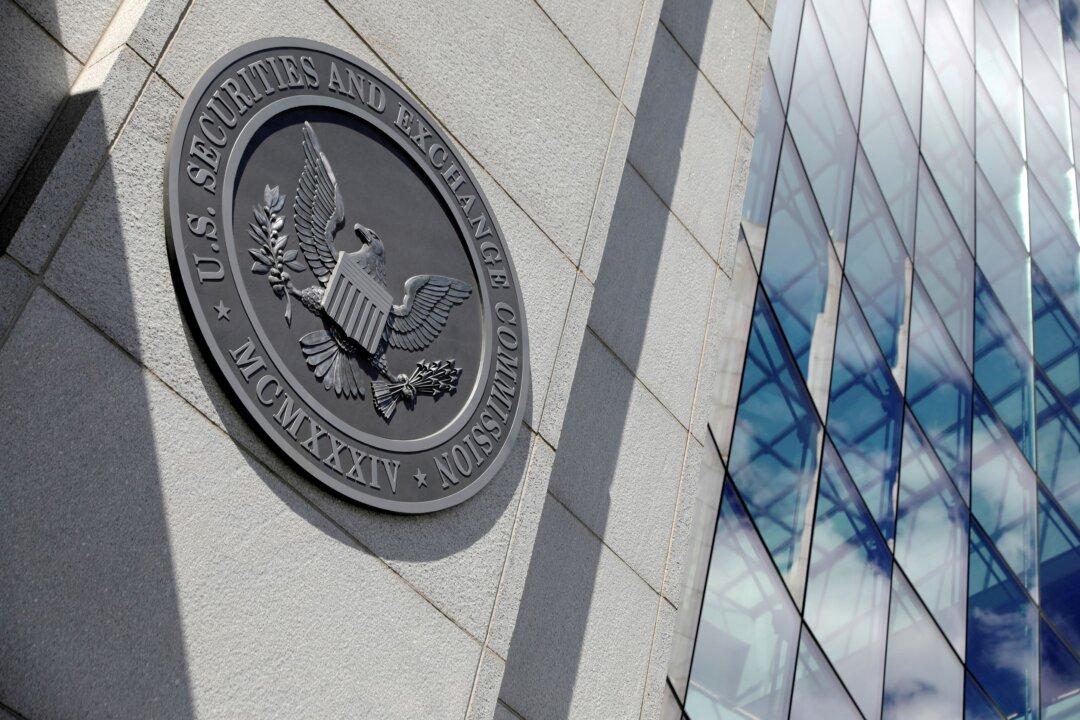Alphabet Inc. announced a first-time-ever dividend program and a $70 billion buyback of its own stock that could revitalize the tech company for the next year.
The company’s shares, both Class A and Class C, experienced a big surge of over 11 percent in post-market trading on Thursday, reaching approximately $175 and $176.70, respectively.




